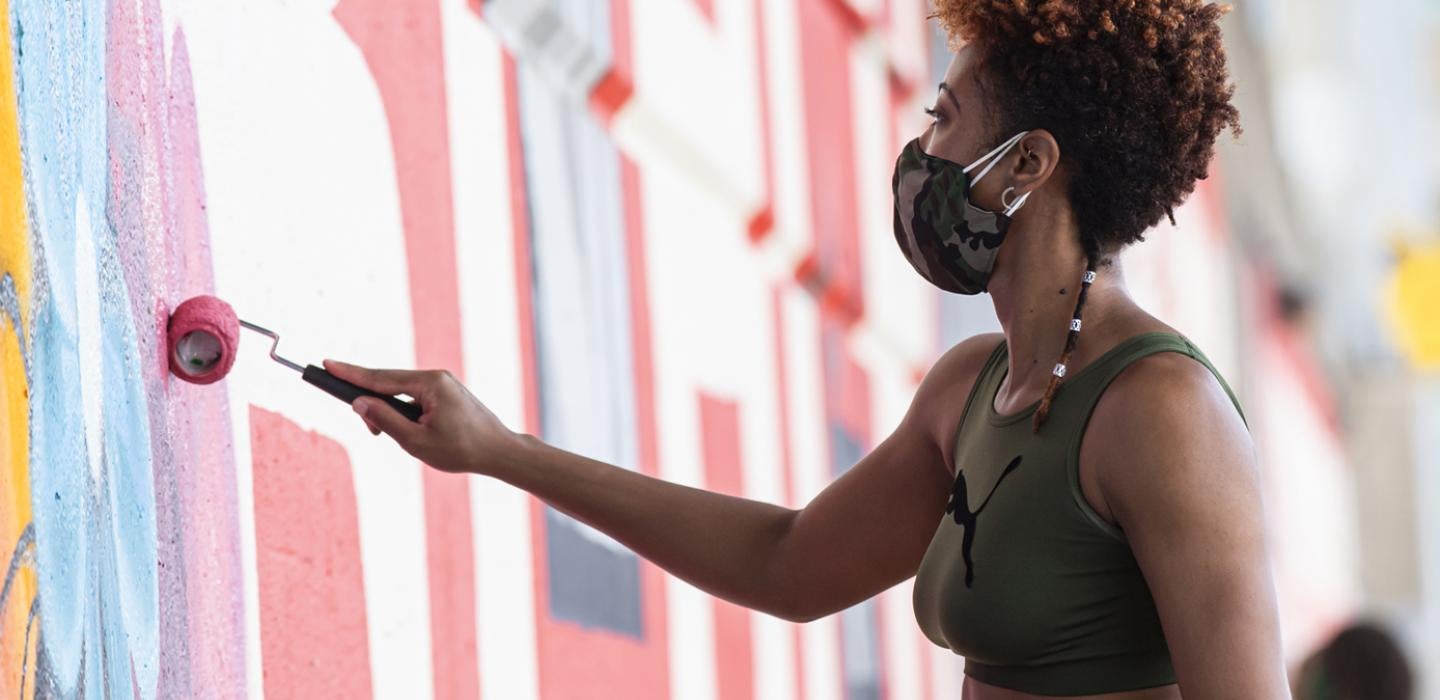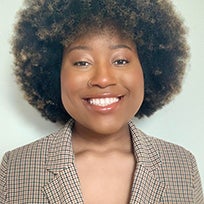
Subscribe to Pittwire Today
Get the most interesting and important stories from the University of Pittsburgh.Working in partnership with passionate students, faculty and staff, the University of Pittsburgh is reaffirming its commitment to changing internal practices, structures and attitudes in pursuit of a truly more equitable and just Pitt.
“We are embarking on a total transformation,” said Kathy Humphrey, senior vice chancellor for engagement and secretary of the Board of Trustees. “We are in the business of creating an anti-racist institution not just for now—but to last forever. To make this sustainable, it’s clear we need to foster changes in all areas that touch the Pitt experience.”
This ongoing time of reflection and action is the result of a long history of activism at Pitt, and the work of community members has fostered a new sense of urgency, with no signs of stopping.
Public data, Plan for Pitt updates
Motivated by community activists, Pitt launched a new website this week to track its commitments for making the University more equitable. The site includes dashboards of annually updated statistics in areas including admissions and enrollment; faculty and staff diversity by race, ethnicity, gender and job classification; and institutional funds spent on outside contractors and businesses based by race and ethnicity.
To re-examine the University’s institutional priorities, Chancellor Patrick Gallagher announced a pause in completing the Plan for Pitt 2025 to ensure anti-racist initiatives are a key pillar of the University’s long-term planning. The planning process will resume with a specific charge to put addressing systemic racism among the University’s central goals.
To stay informed and contribute to this important mission, visit the social justice website.
Student leaders and change-makers
Behind these changes are Black leaders like Destiny Mann, a third-year political science student and vice president of the Black Action Society. She and others have called on the University to address concerns felt by the Black community across the country during a tumultuous year.
“What I expect from Pitt’s administration is systematic change and for this University to become a pioneer of equity for other universities to follow,” said Mann. “Over the summer, the Black Senate has worked tirelessly with senior administration exchanging plans on how this campus can become safer and more equitable for Black students.”
Many of these plans of action are outlined in Student Affairs’ Anti-racism, Diversity, Equity and Inclusion Action Plan. The initiative, which is ever-evolving, commits to actions related to recruitment, retention and training for Student Affairs staff and student support, among other issues. For instance, the University Counseling Center will focus its hiring efforts on increasing its clinical capacity to align with the percentage of Black students on campus.
To keep this dialogue going about the student experience, Kenyon Bonner, vice provost and dean of students, will regularly meet with the Black Senate and coordinate other conversations with student leaders. In August, Bonner sent a message to Black student leaders highlighting actionable steps and reiterating the University’s commitment to engaging with them to make Pitt the best it can be for all students.
“Our students expect more from us, and we will deliver. I commend them for engaging us, for sharing their lived experiences and for holding the University to a higher standard. The work is not theirs to do, and therefore we are committed to a path forward that consists of open dialogue and action that leads to systemic change,” said Bonner.
Morgan Ottley, Pitt senior studying chemistry, dance and neuroscience in the Kenneth P. Dietrich School of Arts and Sciences and president of the Black Action Society, said that while she’s pleased with the work that’s underway, it’s only “the tip of the iceberg.”
“It’s one thing to implement immediate change and it is another to develop lasting change which transcends beyond the years,” said Ottley. “I really hope that Pitt begins to develop initiatives that focus on creating new policies and procedures that will ensure that Pitt remains an anti-racist and equitable institution for the long haul.”
Faculty concerns
John Wallace, Pitt’s inaugural vice provost for faculty diversity and development and the David E. Epperson Endowed Chair of the School of Social Work, elaborated on concerns shared by many Black faculty at this July’s senior leadership retreat.
“Our first task, as we shift our organizational culture here at Pitt, is to celebrate and elevate the amazing Black faculty we already have,” said Wallace. “Next, we have to recruit, hire, retain and build a critical mass of Black, Latinx and faculty from other underrepresented groups to give all of our students the education that they will need to lead our nation and our world in the decades ahead.”
Wallace will play an integral role in building this critical mass. Leading the Office of Faculty Diversity and Development, Wallace will develop a Black faculty cluster hiring initiative, with support by the Office of the Provost. Wallace’s team will also lead the charge, through the University Center for Teaching and Learning, to better prepare all Pitt faculty to be more inclusive and effective as teachers, researchers, mentors and advisors. Pitt will also invest in the infrastructure of the Center on Race and Social Problems to advance the center as a University-wide, interdisciplinary research hub to support Black and other faculty engaged in race-related topics.
Since arriving at Pitt this summer, Clyde Wilson Pickett, the newly appointed vice chancellor for diversity and inclusion, said he will to continue to listen to and engage with students, faculty and staff in order to keep the University’s transformation in check.
“We must embrace the idea that the road ahead must be forged with transparent commitment, action and open dialogue,” said Pickett. “As a community, we must ask the questions of what we can do to amplify the voices of people who at times have been unheard—including those of students,” said Pickett.




